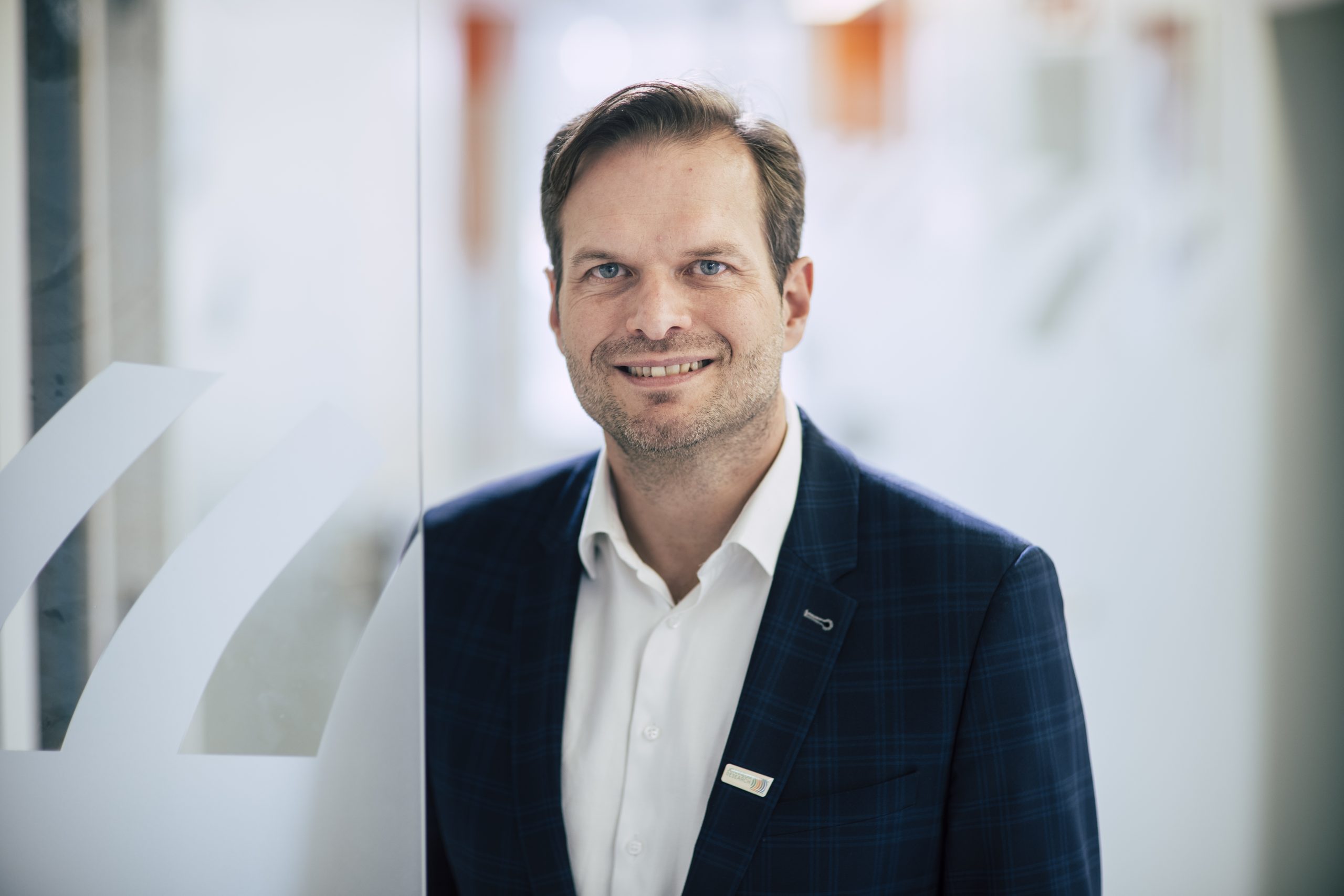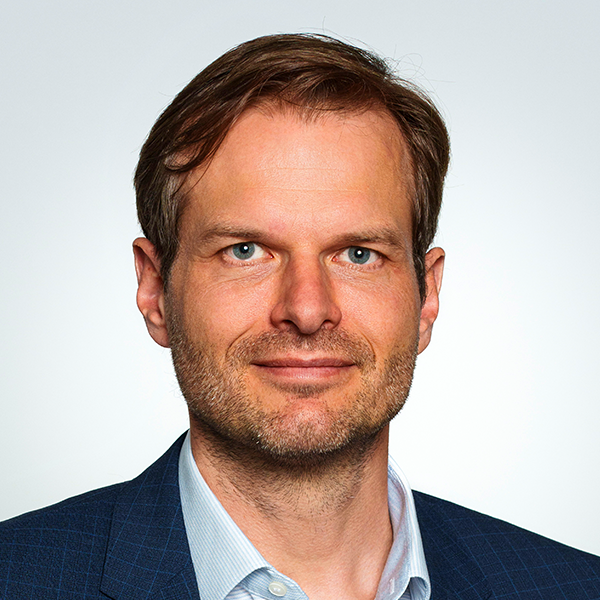Digital mobility turnaround: What trends do you recognise?
Rüther: The big trend is in the term itself. Digitalisation is a key driver in creating a sustainable mobility transition. Digitalisation enables us to increasingly see mobility as a service that gets us from A to B. However, it also gives new mobility providers the opportunity to integrate and occupy a niche. E-scooters are a clear example of this in recent years.
Is society already where it could be technologically?
Rüther: Technology can offer opportunities, but it should support the concerns and needs of our society. It is currently becoming apparent that sustainable mobility concepts are easier to implement in the form of centralised systems. This creates a tension between the need for individuality and the sustainability of mass transport. A country with the geography of Austria in particular will ultimately need both, hopefully in seamless co-operation.
Where are the stumbling blocks that hinder progress?
Rüther: Today, the mobility transition is equated with multimodal transport. This means that we combine means of transport in the way that best suits our mobility needs for certain routes. The trick is for different mobility providers to work together without having to abandon the principle of free competition. The challenges begin with seemingly simple issues such as the mutual exchange of information and extend to the joint invoicing of a transport service. These and other organisational issues are being worked on at full speed, which is also underlined by the "Digital Transformation in Mobility Action Plan" of the Federal Ministry for Climate Action, Environment, Energy, Mobility, Innovation and Technology.
What role does autonomous driving play in the mobility turnaround?
Rüther: With increasing staff shortages, public transport will find it even more difficult to offer transport connections of a good quality. Autonomous shuttles can be a good addition on certain routes. However, environmentally friendly autonomous vehicles can also alleviate the space problem in urban centres if they are parked away from their destination. This can create space for alternative means of transport.
Driverless vehicles are still rare. Why is that?
Rüther: Technically and legally secured functions are already very widespread: Lane departure warning, distance warning and emergency braking assistants have found their way into the mass market. Parking aids and lane change assistants are on the rise. At present, digital assistants still dominate, as the ultimate responsibility remains with the driver. The biggest hurdle is probably still the assumption of this responsibility by the manufacturer and a corresponding authorisation procedure, which then has international validity.
What is your forecast - when will we in Austria give up the wheel and sit at the steering wheel reading?
Rüther: Under certain driving conditions, this is already possible in some vehicles. However, we will probably see this further development in commercial vehicles first. Even if reading at the steering wheel is convenient, the major benefit lies elsewhere. A fully autonomous vehicle is much easier to share with others and can take on transport jobs. In combination with environmentally friendly drive technology, we will see more of them on our roads in 10 years' time.
Which innovative, environmentally friendly transport technologies would you focus on and which services do you think have the greatest opportunities on the mobility market?
Rüther: I personally believe that integrated mobility solutions that build on existing infrastructure have the greatest chance of success. Our transport networks have developed over many decades in line with our mobility needs. We are currently seeing massive efforts everywhere to further increase environmental compatibility: on railways, roads, sea routes and in aviation. Digitalisation can build a bridge between the systems and offer mobility on a new level, where the "vessel" in which you move takes on a subordinate role.
Which research topics play the main role in the digital mobility transition and where does DIGITAL fit in?
Rüther: The big vision is a fully integrated digital twin of all transport systems. With a complete mapping of the infrastructure and real-time information on all means of transport and capacity utilisation. On this basis, we will be able to offer a wide range of digital services, but also simulate traffic scenarios and further optimise systems. There is still a long way to go, but Austria is setting a good example here, for example with the "Verkehrsauskunft Österreich" traffic information system. Research is developing innovative solutions for the efficient collection of data. However, it is also driving forward their utilisation in simulation and forecasting. The more complex the overall system, the more we will have to rely on automatic analyses - for example using AI - without compromising on safety. This will be extremely challenging.
What goals do you and your team at DIGITAL have to make mobility smarter and greener for tomorrow?
Rüther: Our focus is on intelligent data collection on site and the provision of data as digital twins. Transport networks can cover thousands of kilometres and, despite all the digitalisation, there is sometimes little information available about what is actually happening out on the road. We can close this gap in many areas, for example by recording road conditions in order to protect the road surface or by recording and distributing real-time information about vulnerable road users. We build warning systems for safe mobility and also support traffic management measures for the smart cities of the future by precisely recording and objectively evaluating noise emissions and immissions, among other things.
Finally, what would you give up in favour of greener mobility? In your opinion, is it necessary to do without or rethink?
Rüther: A sustainable lifestyle is important to me personally, which is why I rely on my e-bike all year round when travelling around town. In addition to the environmental benefits, I save a lot of time and, at least in urban areas, I'm not limited in terms of range. My conclusion is that it is always worth considering alternatives and looking for the advantages rather than focussing on restrictions.


